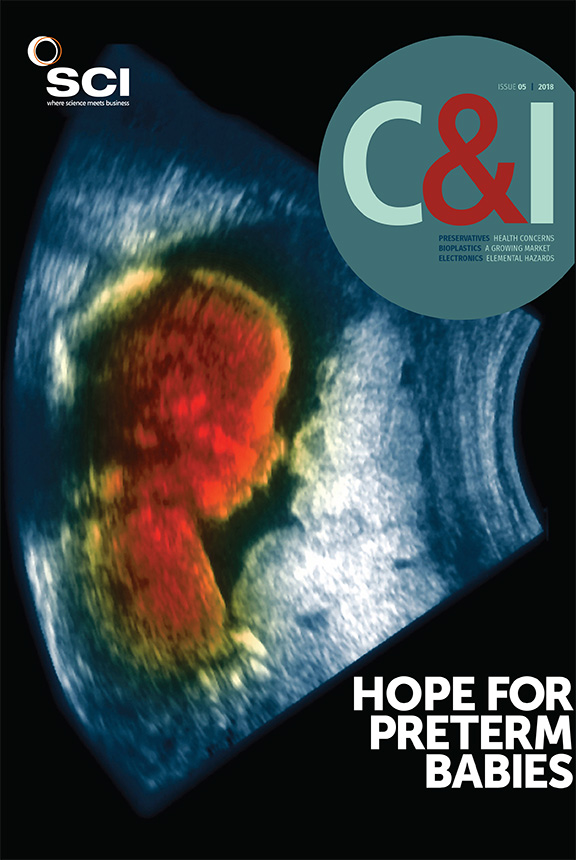Eight UK universities will share £20m in funding to upgrade their nuclear magnetic resonance (NMR) facilities. The cash will either buy entirely new NMR instruments or upgrade existing equipment.
The investment will buy 1GHz machines – currently the most powerful on the market – for Warwick and Birmingham universities. At Warwick, a solid-state NMR will be installed for use in pharma formulation and drug delivery, as well as investigating better quality materials for energy and catalysis. Warwick already has a 850MHz instrument, but the strength of the 1GHz magnets will be 500,000 stronger than the earth’s magnetic field.
‘You get improvement in signal to noise and an improvement in resolution when you go to a higher magnetic field,’ says Steven Brown, director of the NMR facility. Solid state samples are of interest to researchers from AstraZeneca, Johnson Matthey, GSK, Syngenta and Infineon, all of which work with the Warwick centre.
In Birmingham, a solution-state 1 GHz system will be configured mainly for medical use. It will carry out real-time measurements of cancer cells, develop new analytical methods and look at the structure of proteins and other biomolecules. Unlike electron microscopy or X-ray crystallography, solution-state, NMR can provide insights at near physiological conditions. The new 1GHz machines will arrive in 2020.
The University of Oxford also received funding to add a cryoprobe to its existing 950MHz instrument. ‘In a cryoprobe, some of the electronic components are cooled to around 20K; this decreases thermal noise thereby increasing sensitivity,’ explains Oxford biochemist Christina Redfield. ‘The sample that is being measured is not cooled, so we are still observing the protein at room temperature under physiological conditions.’
This increases sensitivity by a factor of two for many applications and reduces the time it takes for NMR data collection by nine-fold, boosting sample throughput. The upgrade for Oxford is expected in 12 to 15 months.
The universities of Edinburgh, Leicester, Nottingham, Liverpool and Sheffield also received funding for upgrades to their current 800MHz systems.





